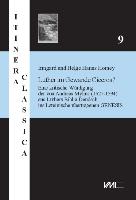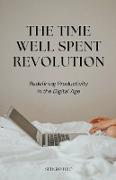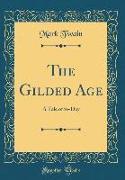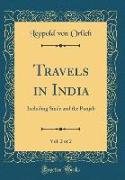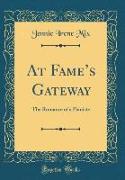Luther im Gewande Ciceros ?
BücherAngebote / Angebote:
Die heute in Rostock aufbewahrte "Genesis Latine saec. XVI" [UB Rostock, mss. theol. 64] ist eine von Herzog Johann Albrecht I. von Mecklenburg initiierte Übertragung des 1. Buches Mose in ciceronianisches Latein. Paradoxerweise hat sie nicht das hebräische Original zur Vorlage, sondern stützt sich auf Luthers "Biblia Deudsch", die der Herzog dem Urtext für gleichwertig hielt. Der Übersetzer sollte einerseits den theologischen Sinngehalt des Luthertextes möglichst genau wiedergeben, andererseits die Vulgata durch einen Gegenentwurf an Verständlichkeit und Reinheit der Sprache übertreffen. Während Luthers volkstümliches und wie im Urtext reihendes Erzählen sich vor allem an ein hörendes Publikum richtete, wollte Mylius durch eleganten Ausdruck und kunstvolle Satzperioden einer kleinen gebildeten Schicht ästhetischen Anreiz zum Lesen der Bibel bieten. Dabei verläßt er die epische Distanz, nimmt Anteil und ergreift Partei im dramatisch dargestellten und durch ordnende Signale strukturierten Geschehen. Im Gegensatz zur theozentrischen Weltsicht des Urtextes und Luthers erweist sich Mylius mehr an Welt und Mensch interessiert und sein Text als überraschend modern.
The booklet labelled "Genesis Latine saec. XVI" and now kept in Rostock University Library [mss. theol. 64] is a translation of the First Book of Moses into Ciceronian Latin initiated by John Albert I., Duke of Mecklenburg. Paradoxically it was not based on the Hebrew original, but on Luther's "Biblia Deudsch" [German Bible] which the duke considered homologous to the original. On the one hand the translator was supposed to repeat the theological content of Luther's text as exactly as possible, on the other hand the Vulgate should be outmatched as to perspicuity and pureness of language. While Luther's vernacular narrative emulating the enumerative style of the original was mainly directed at a listening audience, Mylius's elegant phrasing and elaborate periodic sentences aimed at providing an aesthetic stimulus for a small number of educated people to read the Bible. In doing so he abandoned epic aloofness in favour of commiseration and taking sides in his dramatically worded text structured by regulatory signals. Unlike the theocentric world outlook of the original and of Luther, Mylius proves himself more interested in the world and mankind, and his text appears surprisingly modern.
Folgt in ca. 2-3 Arbeitstagen
